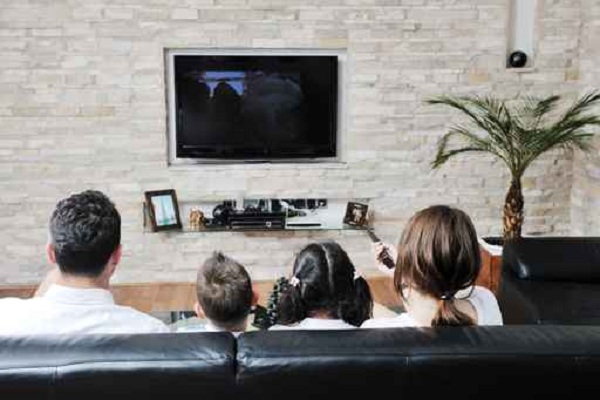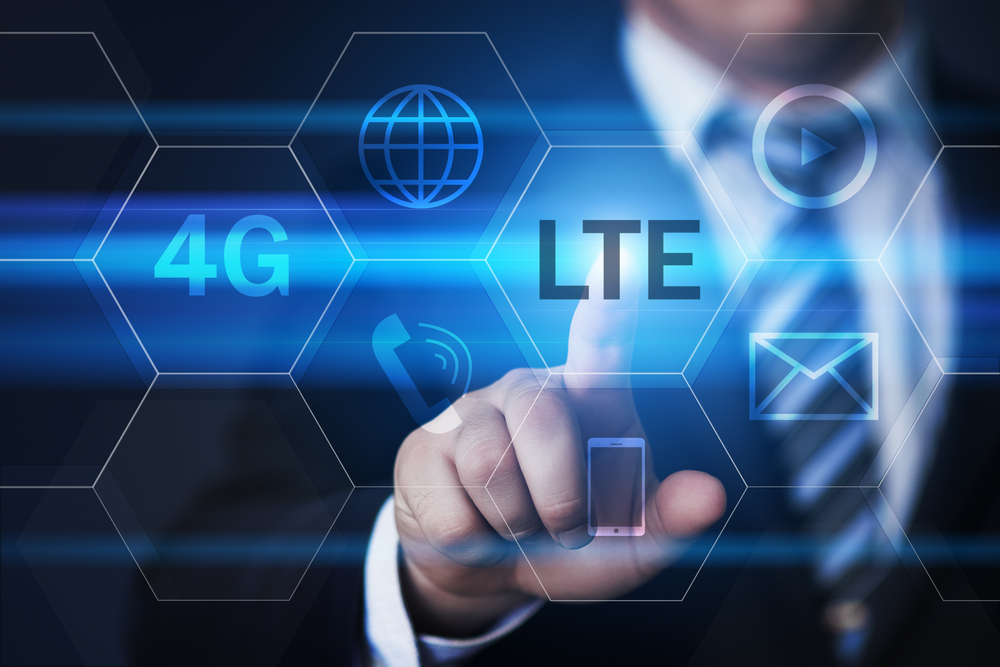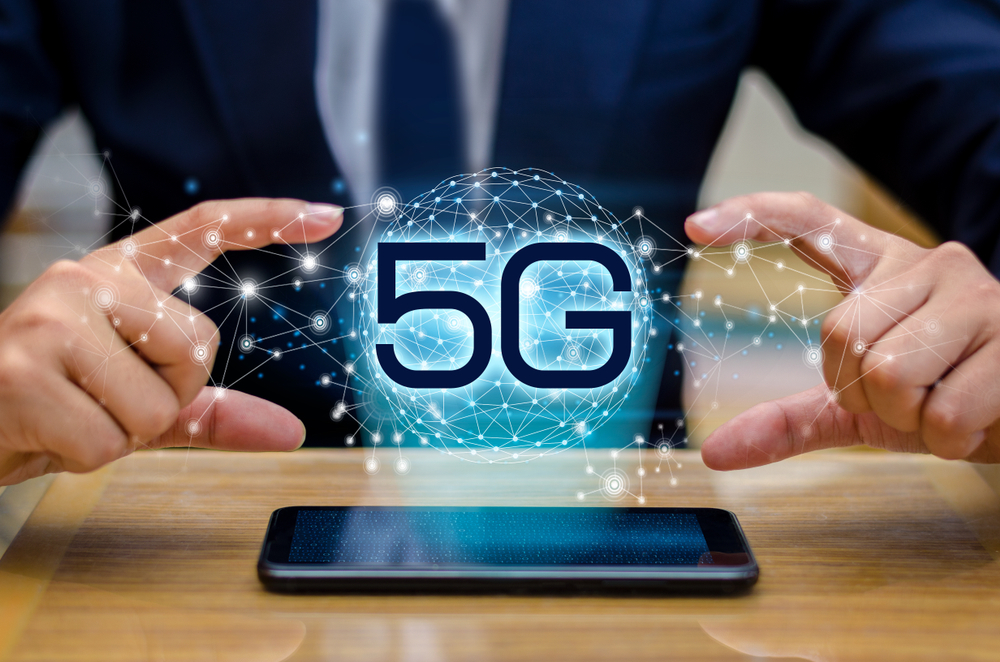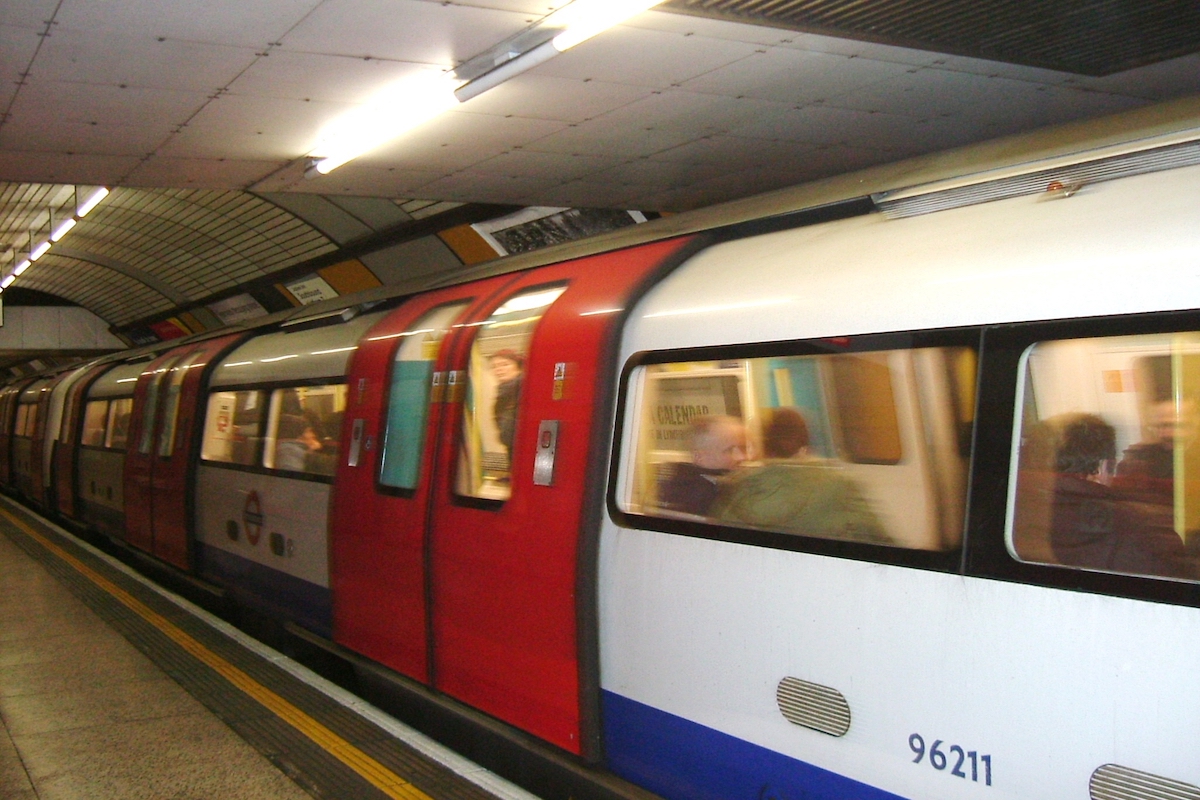Freeview: TV viewers must not pay to fix 4G interference
Broadcaster calls on mobile operators to pay up for protecting television viewers from 4G interference.


Mobile operators should pay to fix TV interference caused by the rollout of new 4G networks, claims Freeview.
Ilse Howling, managing director of Freeview, called for clarity on the support being offered to customers who may find their televisions go blank once 4G networks get switched on.
The UK 4G network will use frequencies freed up by the digital TV switchover, which recently caused some TV viewers to lose access to analogue channels.
European broadcasters have voiced concerns that 4G mobile phone masts and phones would interfere with digital television signals.
Around 2.3 million households in the UK risk losing TV signals because of 4G network interference. The government has pledged 180 million in funding to fix the problem.
Howling claims this figure is insufficient and pointed out that viewers would have to pay up to 200 million collectively to keep the TV service they currently have.
"We strongly believe that Freeview homes should not be subject to further inconvenience and additional cost to make way for mobile broadband," she said.
Get the ITPro daily newsletter
Sign up today and you will receive a free copy of our Future Focus 2025 report - the leading guidance on AI, cybersecurity and other IT challenges as per 700+ senior executives
"The government has committed to recouping the cost of protecting viewers from interference, using proceeds from the 4G mobile auction. However, this will still leave viewers to bear a substantial proportion of the cost.
"The mobile phone operators will be the ultimate beneficiaries of this new service, and we believe they should pay to mitigate the television interference according to the 'polluter pays' principle," added Howling.
Freeview said the Government needs to revise its plans in three areas. First, customers in flats and other multiple dwelling units should not have to pay for the professional installation work needed to filter communal systems.
Second, customers with more than one TV should not pay for additional filters and, third, the elderly and other vulnerable people will need extra help to install them.
"Free, quality television is part of this nation's DNA. Almost 90 per cent of Freeview homes and 75 per cent of second set homes would be unhappy if Freeview were no longer available," said Howling.
"It is critically important that the government finds the best way to get both: protecting free TV and addressing the need for mobile broadband," she concluded.
Rene Millman is a freelance writer and broadcaster who covers cybersecurity, AI, IoT, and the cloud. He also works as a contributing analyst at GigaOm and has previously worked as an analyst for Gartner covering the infrastructure market. He has made numerous television appearances to give his views and expertise on technology trends and companies that affect and shape our lives. You can follow Rene Millman on Twitter.
-
 Should AI PCs be part of your next hardware refresh?
Should AI PCs be part of your next hardware refresh?AI PCs are fast becoming a business staple and a surefire way to future-proof your business
By Bobby Hellard
-
 Westcon-Comstor and Vectra AI launch brace of new channel initiatives
Westcon-Comstor and Vectra AI launch brace of new channel initiativesNews Westcon-Comstor and Vectra AI have announced the launch of two new channel growth initiatives focused on the managed security service provider (MSSP) space and AWS Marketplace.
By Daniel Todd
-
 Nokia and NASA join forces to bring 4G to the moon
Nokia and NASA join forces to bring 4G to the moonNews Cellular service will provide the communications needed for meaningful moon exploration
By Tyler Omoth
-
 Birmingham crowned the fastest UK city for 4G download speeds
Birmingham crowned the fastest UK city for 4G download speedsNews While Birmingham also recorded the highest speed hike over 2019, London came in at a middling 9th place
By Keumars Afifi-Sabet
-
 LTE vs 4G: Which is better?
LTE vs 4G: Which is better?In-depth Comparing LTE vs 4G has become common in recent years, but how exactly do they differ, and is 4G faster?
By Jane McCallion
-
 What is 4G?
What is 4G?In-depth A look at the fourth generation of mobile networking technology and its availability in the UK
By Rene Millman
-
 4G vs 5G - what's the difference?
4G vs 5G - what's the difference?Vs From 3G to 4G, mobile connectivity has revolutionised our lives. Now 5G is set to do it again
By Bobby Hellard
-
 The best 4G network
The best 4G networkIn-depth Every mobile provider offers 4G contracts, but which one is the best for you?
By Carly Page
-
 More than a million UK properties don't have access to 'decent' broadband speeds
More than a million UK properties don't have access to 'decent' broadband speedsNews Ofcom's Connected Nations report finds broadband is still lacking across 4% of the UK
By Roland Moore-Colyer
-
 4G London Underground coming in 2019, following successful tests
4G London Underground coming in 2019, following successful testsNews No more internet blackspots, even under ground
By Alan Martin